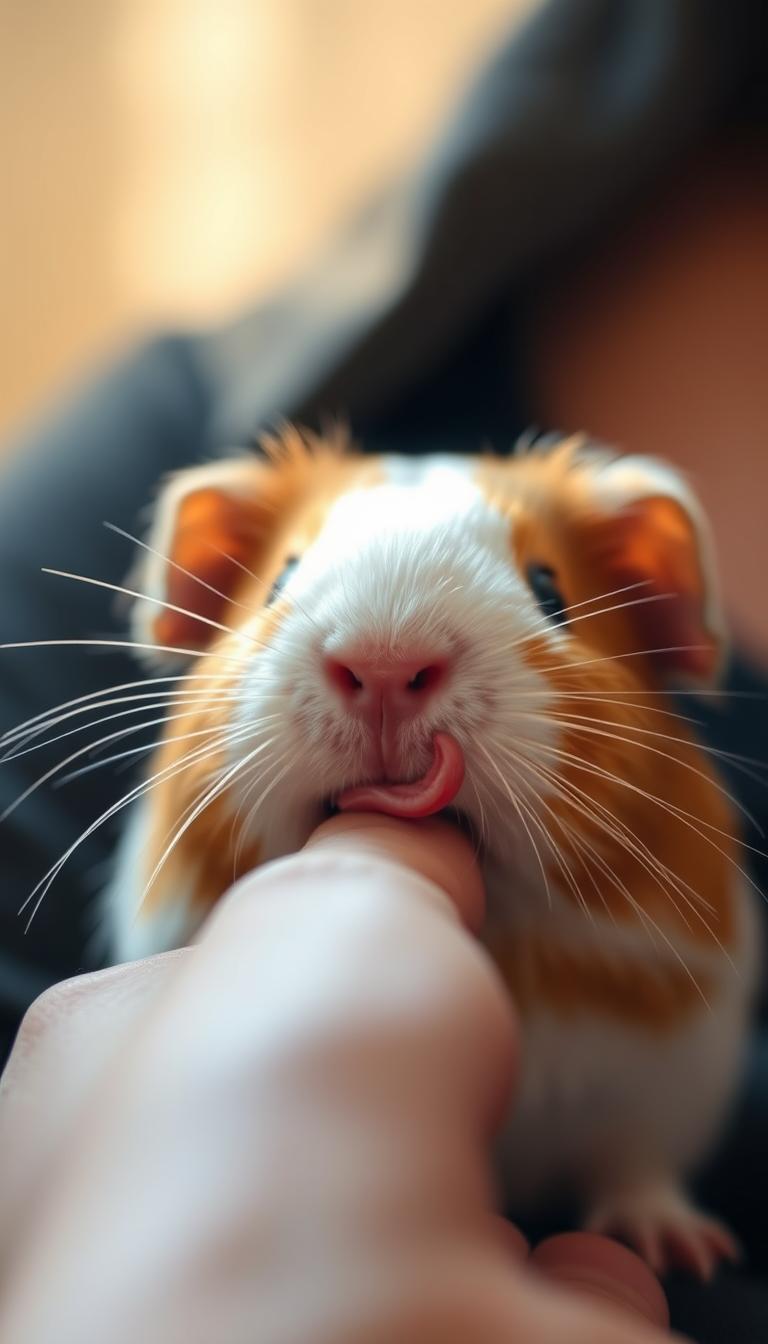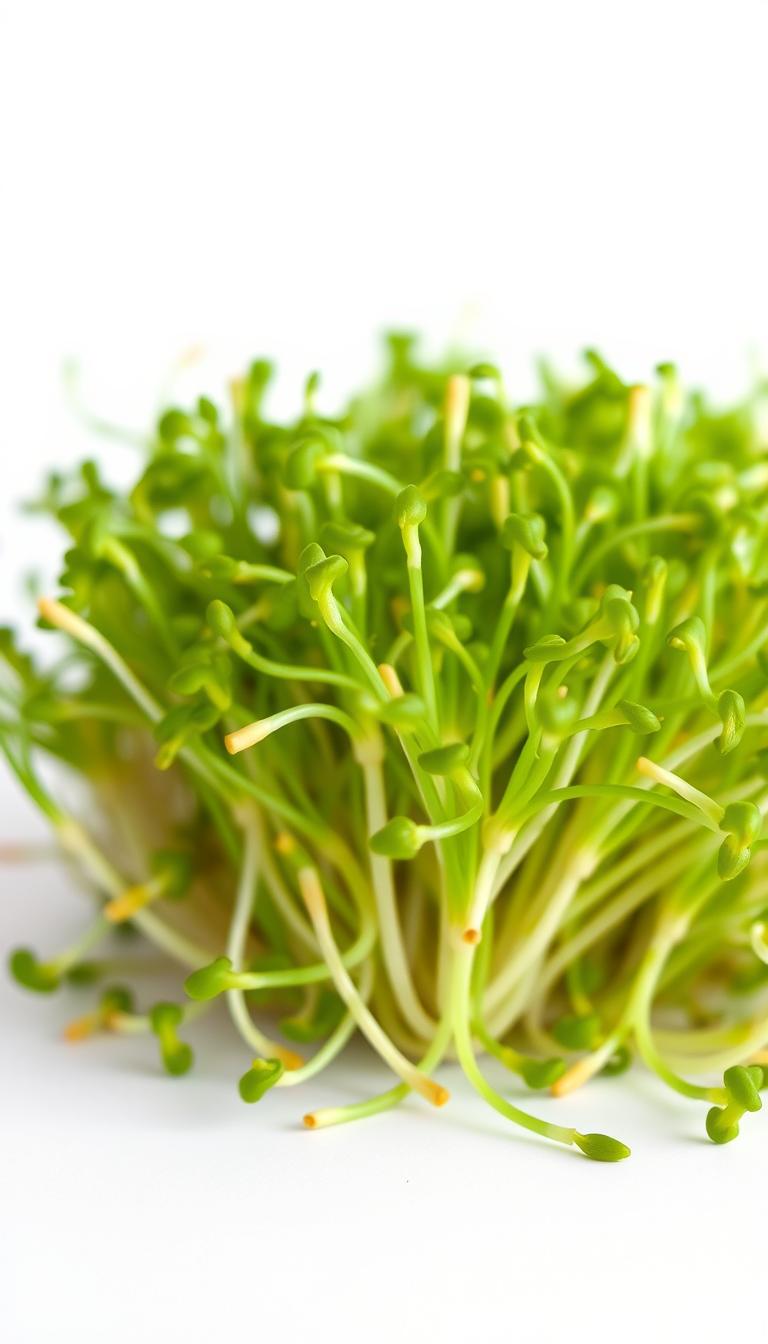Unfortunately, despite their size and fearsome-looking beaks, toucans do have predators. These are not just on land, but also crawling through the trees, and in the sky.
Some of them are the forest eagle, the owl, the boa constrictor, and the hawk.
So, in the rainforest, a Toucan has to watch its back. These clever birds keep their eyes peeled for predators, and to protect each other, they will screech and alert any nearby birds of danger!
These large charismatic birds do have lots of predators in the wild including snakes, Birds of prey and large cats like the Jaguar. Even the beautiful Night Owl has been known to attack and hunt Toucans. These intelligent birds have learned to be vigilant against predators but they are not successful all the time.
Table of Contents
A Bit About Toucans in General
Toucans can be anywhere from 7 inches to 2 feet tall. The species is easily recognizable, as every Toucan boasts an enormous, colorful beak. These are quite beautiful and give the birds a truly unique and exotic look.
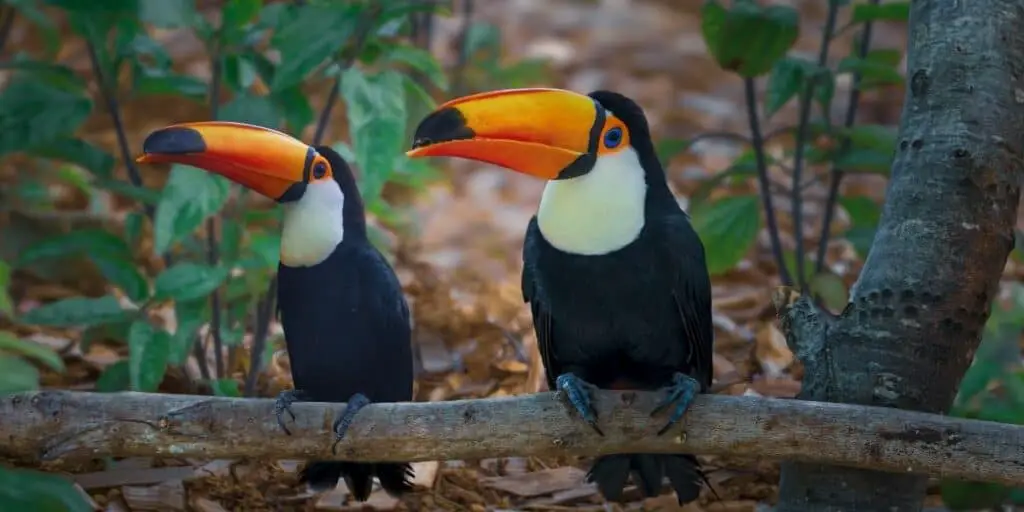
Toucans are native to the rainforests of Central America, South America, Argentina, and New Mexico. They spend most of their time searching for fruit, breeding, or nesting in the tree canopy layer.
In the wild, Toucans can be quite sociable and loyal to each other. As pets, they are friendly, playful, curious, affectionate (although this depends on the individual), and clever!
What Do Toucans Eat?
In the wild, the Toucan primarily forages fruit, which it can pluck from hard-to-reach spots with its super-long beak. They particularly like papayas, figs, wild ficus fruit, and palm fruit. Pet Toucans can eat nearly all fruit (except for citrus), however!
This includes watermelons, cantaloupes, bananas, dragon fruit, acai berries, blueberries, strawberries, you name it. If you’re not sure if a specific fruit is Toucan-safe, look it up online to double-check.
Although it’s less common, sometimes, large Toucans will also hunt animals, including fish, smaller birds, reptiles, rodents, amphibians, etc. Insects also make up a part of their diet, and caterpillars, cicadas, and crickets are just a few that they favor!
Pet Toucans should also be fed roughly 50% pellets, which have specially formulated nutrients and fiber (just make sure it’s low-iron and of decent quality).
Oddly enough, for birds, Toucans do not eat seeds. In fact, seeds and pits left in fruit will cause them digestive trouble and will make them quite sick.
Do Toucans Have Predators?
To survive, every wild Toucan knows to watch out for winged, pawed, or slithering predator:
The Harpy Eagle (and Some Other Eagles)
While Toucans are rather large and agile, they are no match for the 3 to 3 and ½ foot harpy eagle. This gargantuan bird is a fearsome hunter.
Harpy Eagles can roost in the same trees where Toucans reside, making them an ever-present danger. Because Harpy Eagles are so deadly, they are one of the main predators that Toucans look out for!
The Hawk
Hawks are notorious bird hunters, and sadly, the Toucan is not overlooked by this swift and vicious predator. It can be difficult to camouflage themselves, thanks to their naturally vibrant color. Instead, Toucans depend on a swift flight out of reach and sight, to survive a hawk.
The Owl
Not owls hunt at night. This means that the diurnal Toucan has a chance of coming face to face with a predatory owl (such as the Great Horned Owl).
The Margay
The Margay is a deceptively adorable, small, spotted wildcat, and a ferocious hunter. These stealthy little beasts (at only 2 feet on average) are excellent tree-climbers, and the Toucan is one of the birds they will stalk. Nest invasion is also a risk.
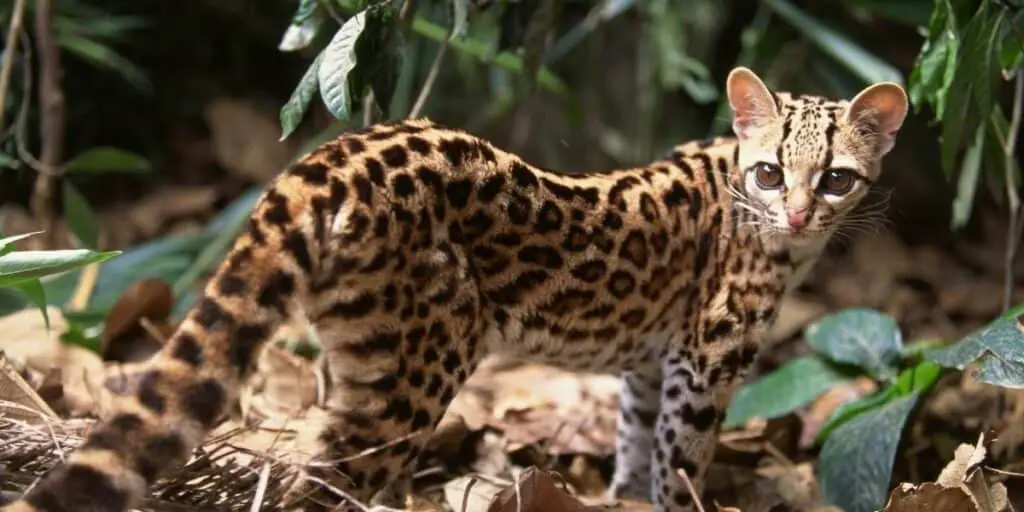
The Boa Constrictor
One of a Toucan’s greatest fears is the Boa Constrictor. These stealthy predators blend right in with tree foliage and can climb silently up a tree trunk.
This means that nest invasion is a huge risk. To try to protect their young, Toucans will screech loudly, in an attempt to scare the predator off (which may or may not work).
The Jaguar
Last in the top predators of the Toucan is the Jaguar. For this enormous wildcat, Toucans make barely more than a mouthful. Jaguars are also excellent tree climbers. This means that they can reach the canopy layer that Toucans normally inhabit, proving a very real danger!
How to Keep Your Toucans Safe in an Outdoor Aviary
If you are considering keeping Toucans outdoors yourself, you will need to make the aviary safe from any kind of predator.
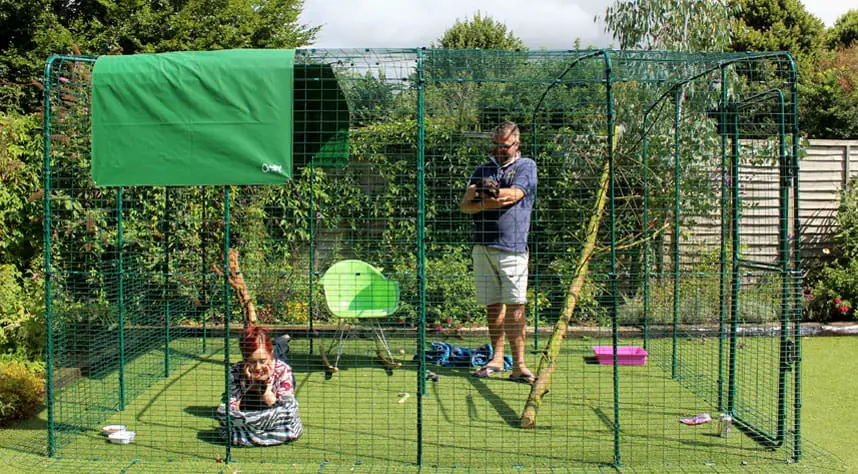
One of the best ways to keep out unwanted, predatory visitors is chicken wire. Make sure that there are no holes big enough for any type of predator, snake, bird, or cat, to enter. This also means safeguarding the aviary roof.
As you can see, Toucans do have a few threatening predators, which they must always keep an eye out for. Although they can screech to scare some predators off, flight is their primary way to escape the danger.
If you intend to keep pet Toucans, make sure to provide safety measures, such as chicken wire, so predators are not a risk!


